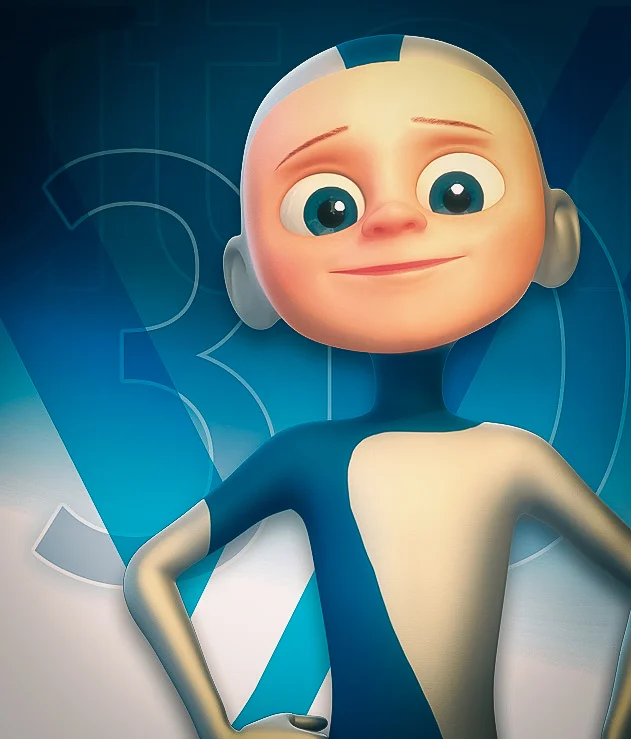 Photo by Florian Olivo
Photo by Florian Olivo
Are Video Games Good for you?
The Pros and Cons of Playing Video Games
Video games can have both positive and negative effects, depending on various factors such as the type of game, how it is played, and the individual player.
Positive effects of video games can include:
- Improving cognitive skills: Some video games can improve skills such as problem-solving, decision-making, and spatial awareness.
- Boosting creativity: Many video games encourage players to be creative and think outside the box, which can help develop imaginative and critical thinking skills.
- Increasing physical coordination: Some games, such as sports and dance games, require players to move in time with the game, improving their physical coordination.
- Reducing stress: Video games can be a form of escapism, allowing players to relax and unwind from the demands of daily life. However, it's important to keep in mind that excessive use of video games can have negative effects as well, including:
- Decreasing physical activity: Spending too much time playing video games can lead to a sedentary lifestyle and a decrease in physical activity.
- Addiction: Some people can become addicted to video games, causing them to neglect other important areas of their life.
- Decreasing social skills: Spending excessive time playing video games can lead to a decrease in face-to-face interaction, potentially affecting social skills.
- Aggressive behavior: Some violent video games have been linked to aggressive behavior in some players.
Overall, video games can be good for you when played in moderation and with balance in other areas of life. It's important to choose games that are appropriate for your age and to limit the amount of time spent playing them.
Do Video Games Cause Violence?
There is ongoing debate about whether video games cause violence. While some studies have suggested a correlation between playing violent video games and increased aggression, the majority of research has not found a causal link between the two.
It's important to note that many factors contribute to violent behavior, including personal, social, and cultural factors, and it is rarely the result of a single cause. The majority of individuals who play violent video games do not engage in violent behavior.
Additionally, it's important to consider the broader context in which video games are played. For example, playing violent video games with friends can be a social activity that can actually help build relationships and reduce aggression.
That being said, it is always a good idea to be mindful of the content of the games you play and to make sure that they are age-appropriate. If a particular game makes you feel upset or aggressive, it may be a good idea to avoid playing it.
While the relationship between video games and violence is complex, the overwhelming majority of research suggests that video games do not cause violence. It is important to consider the broader context in which video games are played, as well as individual differences, when evaluating the potential effects of video games on behavior.
What Was the First Video Game Ever Created?
The first video game is widely considered to be "Tennis for Two," a game developed by physicist William Higinbotham in 1958. The game was created using an oscilloscope and consisted of a simple two-dimensional game of tennis that could be played by two people on an oscilloscope screen.
Although "Tennis for Two" was not a commercial product and was only played by a few people, it is widely considered to be the first example of interactive video gameplay and is considered a landmark in the history of video games.
Since the creation of "Tennis for Two," the video game industry has grown rapidly and has become one of the largest forms of entertainment in the world, with billions of dollars in revenue and a vast array of different types of games. From the simple 2D games of the early days to today's complex 3D games, video games have come a long way and continue to evolve and innovate.
How Do I Make a Video Game?
Making a video game can seem like a daunting task, but with dedication, creativity, and some technical skills, it is possible to create a game. Here are the general steps to make a video game:
- Ideation: Come up with a concept for your game. Think about what kind of game you want to make, what genre it will belong to, and what you want the player to experience.
- Planning: Create a design document that outlines the story, characters, gameplay mechanics, and other important aspects of your game.
- Prototype: Create a simple prototype of your game to test and refine the gameplay mechanics.
- Assets Creation: Create or acquire the necessary graphics, audio, and other assets for your game.
- Development: Write the code for your game using a game engine, such as Unity or Unreal Engine, and implement the gameplay mechanics, levels, and other features.
- Testing: Playtest your game to find and fix any bugs and refine the gameplay.
- Release: Share your game with others through online platforms, such as Steam or the App Store, or through physical distribution.
To make a video game, you will need some technical skills, such as programming and game design. You may also need to learn how to use a game engine and other tools to create your game.
Additionally, creating a video game often requires a team effort, with individuals specializing in different areas such as programming, art, sound design, and testing. If you're working alone, you'll need to be skilled in several areas or be willing to learn new skills as you go.
Making a video game is a challenging but rewarding experience that requires creativity, technical skills, and dedication. If you have a passion for video games and are willing to put in the effort, you can create a game that others will enjoy playing.







